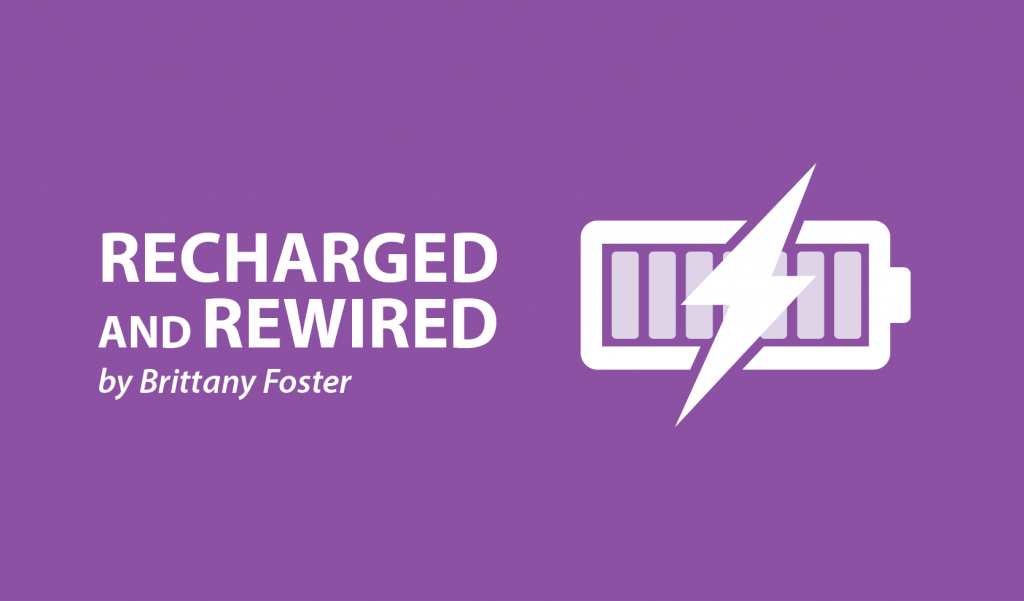Somewhere Between ‘I’m Fine’ and ‘My Body Is a Disaster’
Written by |

“I’m fine,” I said to myself as I pushed through hockey games feeling awful. “I’m fine,” I convinced myself as I put on makeup to hide my tired complexion. “I’m fine,” I repeated as I went out despite having little energy.
“I’m fine” was something I tried to convince myself of for years while trapped in a body that was anything but fine. I believed that if I ignored the pain, the fatigue, the dizziness, and the shortness of breath I could continue on. I believed I could keep this mind-over-matter mindset and talk my physical struggles away. I tried my best to hide my discomfort from others, hoping to remain “normal” as long as possible.
“I’m fine. I’m fine,” I kept repeating until it became obvious to those around me that I wasn’t.
Fast forward a few years later, after bypass surgery, a pacemaker implant, and being given oxygen to help my saturations stay above 90% while exerting myself. I remember sitting on the hospital bed as they were explaining how to use the oxygen at home. The doctors’ voices seemed like echoes as my life was changing drastically before my eyes. I couldn’t hide it anymore. I couldn’t tell others I was “fine” with an oxygen cannula up my nose. As I stared at my reflection in the mirror, I broke down. My “I’m fine” attitude quickly shifted to the exact opposite.
“My body is a disaster,” I said to myself as I kept recalling just how low my saturations dropped upon simple movements. For the first few months, this is all I could think of. I obsessed over how awful I felt. I was caught up in how bad I thought I looked. “I’m never going to be able to work again. I’m never going to exercise again. I’m never going to be happy again.”
It was as if I was feeling everything so fully for the first time in my life. I allowed myself to feel the physical pain and allowed myself to feel the exhaustion. When I actually allowed myself to feel things, it overwhelmed me. I was consumed by negative thinking and felt as if I was being compressed by the weight I was holding for so long.
Reaching middle ground looks different for everyone. Currently, I am somewhere between a mindset of “I’m fine” and “my body is a disaster.” For me, this looks like acknowledging and accepting how I feel each morning.
I must allow time to evaluate myself and how I feel each day. On days when it’s hard to do this, I rely on medical equipment to gauge the type of day I’m having. I use my pulse ox, blood pressure cuff, heart rate monitor, and thermometer when I am out of touch with my body.
If you are having a good day, don’t be hard on yourself if you grow tired throughout the day. Don’t push on and convince yourself that you’re OK. When your body is sending signals, acknowledge them. If you’re having a hard day, try to avoid negative thinking and catastrophizing. Turn your mindset of “my body is a disaster” into “I don’t feel well today, but that doesn’t mean every single day is going to be like this. My body may feel like a disaster right now, but I will give it the right medications, call the doctor if I need to, and try my best to get back to feeling more like myself.”
It’s easy to view our illness as a disaster, because most days it may feel this way. It’s important to find middle ground. Ignoring your symptoms and convincing yourself you’re “fine” isn’t going to make your illness go away. If anything, once you allow yourself to recognize your symptoms and feel them, it will overwhelm you if you keep pushing them to the side. It’s equally important to not turn to the other extreme and say to yourself, “My body is a disaster and I can’t do anything.” The really bad days are temporary. Evaluate and listen to your body and what it needs within each moment. Try your best to find your own version of “somewhere in between.”
***
Note: Pulmonary Hypertension News is strictly a news and information website about the disease. It does not provide medical advice, diagnosis, or treatment. This content is not intended to be a substitute for professional medical advice, diagnosis, or treatment. Always seek the advice of your physician or other qualified health provider with any questions you may have regarding a medical condition. Never disregard professional medical advice or delay in seeking it because of something you have read on this website. The opinions expressed in this column are not those of Pulmonary Hypertension News or its parent company, Bionews Services, and are intended to spark discussion about issues pertaining to pulmonary hypertension.





Joanne
Great article Brittany. Our inner voices hold a lot of power over our attitudes and your advice is great. Try to stay positive and don't worry about tomorrow, because worrying accomplishes nothing but ruining our today.
Brittany Foster
Thank you so much for reading my article. It's so true, our inner dialogue is so important especially in how we view our illness. Stay strong !